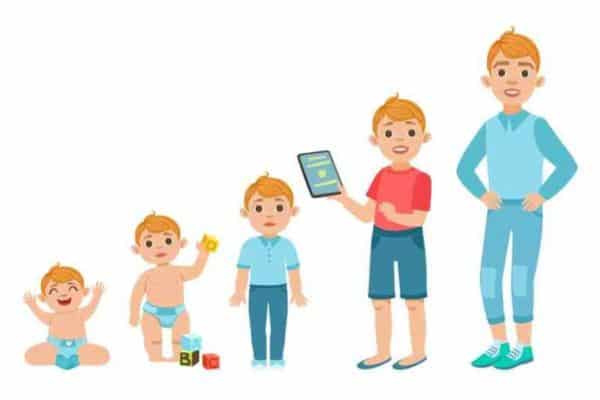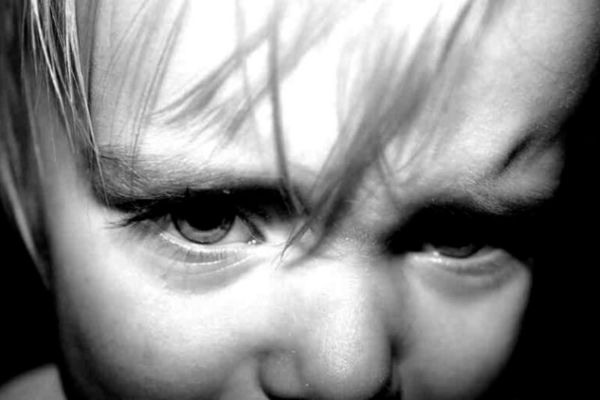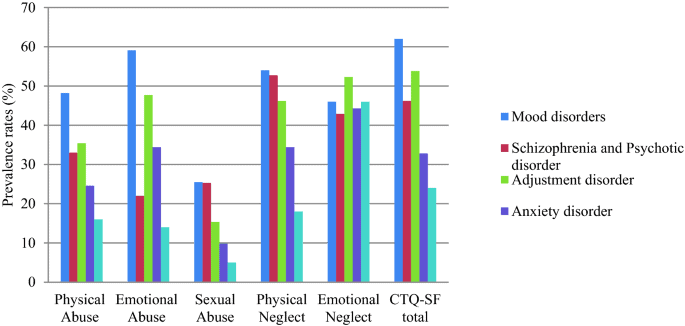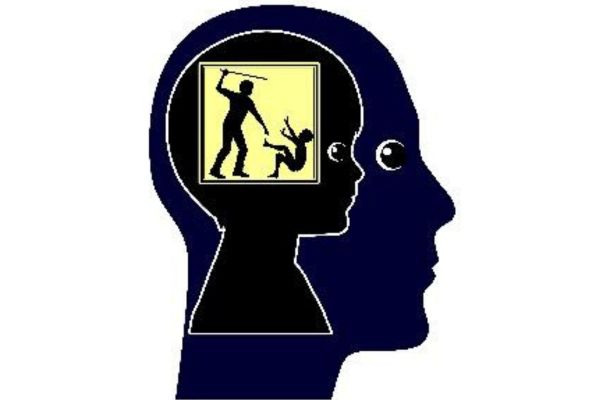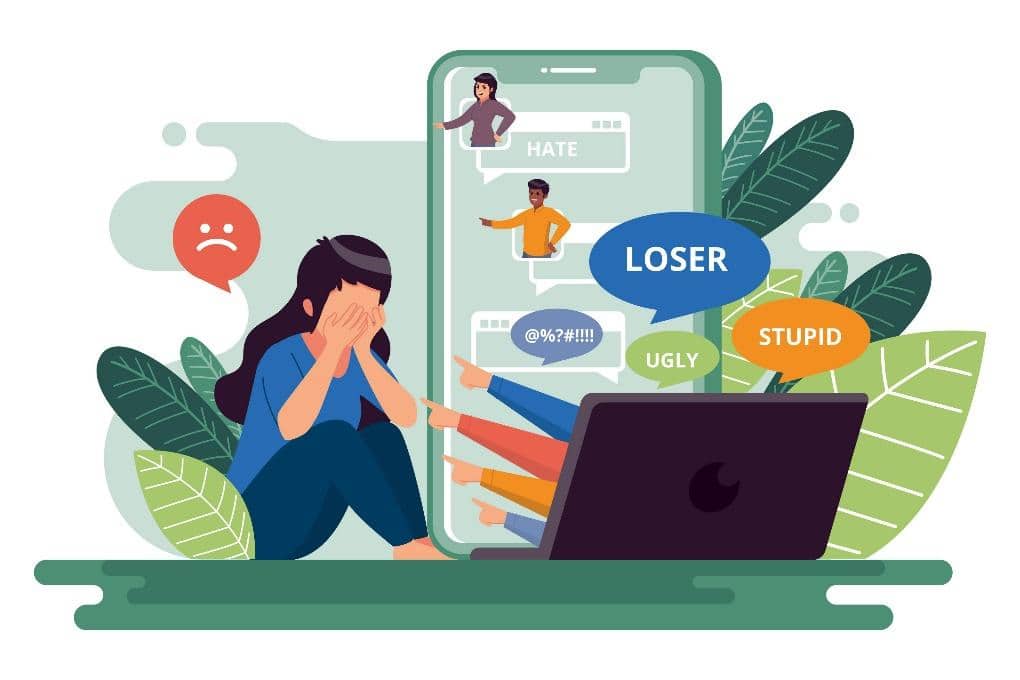Trauma is never something easy to deal with. Depending on the severity of the trauma endured, some may find it absolutely crippling, debilitating and something that affects their daily lives. Unfortunately, many of us (more than we realise!) have experienced some form of trauma from our childhood that has led to many undesirable consequences, such as a household of anxiety, shouting, violence or hostility that may give rise to depression, Post Traumatic Stress Disorder (PTSD), negative self-beliefs etc. Despite having gone through childhood trauma, many opt to not receive treatment such as therapy for it, largely due to the negative stigma that therapy and counselling hold in our conservative society. I’ve already addressed the importance of destigmatising therapy and counselling in a previous blog post which you may feel free to explore. Thus, this blog post will be focusing on how unresolved childhood trauma can affect our present and the best treatment for it.
Before delving into the potential effects of childhood trauma, it is important that we understand the stages of cognitive and behavioural development from birth, through childhood and until our adolescence.
Cognitive and Behavioural Development
– From newborn to 2 years old: We are tasked mainly with learning how to trust our caregivers, especially our mothers, through our infancy. Bonding with our maternal figures in this stage (through actions such as breastfeeding) is crucial in providing a foundation our prosocial skills. Any trauma inflicted upon us in this stage in early bonding, such as prolonged separation or rejection from our maternal figures could lead to attachment issues in our later years and even potentially lead to the suffering of Borderline Personality Disorder (BPD). Infants are also capable of basic empathy at this stage, showing signs of distress when others experience the same.
– 2 years old to 6 years old: The preoperational stage (as referred to by Jean Piaget, a well-known Swiss Psychologist) is where cognitive development, pattern recognition and organisational skills really start to kick off in us. Naturally, however, children still do have cognitive limitations, such as short attention spans. We also evolve a keen interest in the use of language and other symbols of communication as we learn to imitate the adults around us. Self-awareness and a sense of autonomy also develop in this stage. Proper development in this stage is imperative to ensuring a child has good social skills that they carry forward into adulthood. Our own personalities also really start to develop at these early ages and can be affected by classical conditioning (learning by association) and operant conditioning (learning by punishment). From these learning experiences, we also begin to internalise the feeling of shame and guilt.
– 7 years old to 11 years old: Now that we’re a little older, we begin to think more systematically and form keener metacognition and a sense of our own inner world, as we enter the operational stage. We can now engage in higher-order thinking such as classification (the grouping of things by similar features) and serial ordering (the grouping of things according to logical progression). This stage also introduces a shift in power dynamics within the family, as the children are often now granted more power in decision making that they share with their parents. However, children in these ages are also very susceptible to peer pressure, and studies show that children with lower self-esteems are more prone to it. This is especially dangerous as many may end up partaking in dangerous or self-sabotaging activities.
– 12 years old to 19 years old: The adolescent stage, or the formal operational stage, is where we start to develop our own way of informational manipulation, as we are now capable of abstract and deductive thinking. We notice ourselves thinking for our futures, actively look for answers to our questions as well as structure our own morality- a sense of what we deem right or wrong. However, it is also at this time that we naturally begin to feel more emotional and erratic, given the physical and hormonal changes that we go through in this stage, that can, under certain unfortunate circumstances, lead to psychological issues.
Now that we are familiar with the stages of cognitive and behavioural development in ourselves, let’s explore some possible traumatic encounters that we might experience in our childhood and how it can lead to problems in adulthood.
Childhood Trauma and its Effects
As displeasing as it may sound, Singapore is seemingly unfortunately experiencing and increase in child abuse, as reports have increased from 2,022 cases in 2015 to 3,344 cases in 2017 as reported by the Straits Times.
Credit: Biomedical Central: The Prevalence of Childhood Trauma in Psychiatric Patients, 2019.
What’s even more upsetting to know, is that in the first half of 2017, 18% of those cases were of sexual abuse. Physical and sexual abuse almost always leaves the child severely impacted after each event and much later into their adulthood as well. Children of such abuse often experience physical and psychological problems growing up, as it can stunt proper development of the brain. Children of abuse are often left wondering what they have done to deserve this unjust treatment and may even end up blaming themselves for it, often due to the manipulative nature of their abusers.
However, childhood trauma includes.
- physical of sexual abuse,
- but also neglect,
- witnessing death,
- poor family dynamics,
- bullying etc.
- comparison in family or outside
The list goes on. This can cause low self-esteem, problems paying attention and learning, that can eventually lead to more severe issues, such as
- anxiety,
- schizophrenia,
- depression,
- PTSD
- Obsessive compulsive behaviour
- Addictive behaviours like substance abuse
- Low self-esteem
- Self-harm behaviours
This should come as no surprise given that our childhood and what we experience during that time makes up who we are, essentially. We, at the end of the day, are products of our environment. A poor or unhealthy environment for cognitive and behavioural development in childhood can often times create corrupt mental space for those that suffered from it, as they were not granted the chance for proper development.
I, for one, can attest to the negative effects of bullying in my younger years on my adolescence. I vividly recall coming home each day from school questioning if there was anything wrong with me, if it warranted the type of treatment I was receiving from my peers (Spoiler: It wasn’t.) and dreading to return the next day. For quite some time, as the years progressed, I struggled severely with my sense of self-worth and confidence before I sought out a counsellor and partook in frequent counselling sessions. That was when I realised just how important seeking out help for the trauma that I had faced for so long was.
Understand that it takes a lot of courage for a person to finally come to terms with their own psychological issues, instead of denying them, and even more so if they take the initiative to seek help. However, a good psyche and peaceful inner world is something that you deserve, and past traumas should not continue to prevent you from achieving it. Hence, let us now delve into ways that we may resolve childhood trauma.
EMDR Therapy
Eye Movement Desensitization and Reprocessing (EMDR) therapy is used in psychotherapy as a means to target psychological distresses and is particularly effective in treating PTSD and trauma. Sessions involve the client re-experiencing certain triggering experiences while the therapist guides their eye movement, with the idea that these triggering experiences become less significantly distressing when the client’s attention is no longer as invested in it. In turn, this allows clients to bring these experiences forth in a much more effective manner without provoking an intense psychological response, as they might otherwise would.
Studies conducted on 30 positive-controlled single-trauma victims that suffered from PTSD showed that after undergoing EMDR therapy, about 85% no longer suffer from it after only 3 ninety-minute sessions. Millions around the world have also now turned to EMDR therapy as a means to alleviate their psychological trauma. Unlike traditional psychotherapy (talk therapy), EMDR therapy grants clients the unique ability to internalise their traumatic experiences from their own one-of-a-kind perspectives instead of a clinical one.
EMDR therapy consists of 8 different phases.
Phase 1: History Taking
It involves the client and therapist sitting down and addressing the client’s history of trauma, to better identify the best route for treatment.
Phase 2: Preparation
The therapist then guides the client on methods to cope with said trauma through simple ways, such as meditation or breathing techniques.
Phase 3: Assessment
In this stage, the therapist really begins to work with the client in identifying the specific memories and triggers that cause the client’s psychological distresses.
Phase 4-7: Treatment
This is where the EMDR therapy really begins, as the client will be guided on resolving their past trauma while being carefully guided with their therapist. Clients may expect to be asked to tune into their negative thoughts, memory or image and will be told to follow specific eye movements by the therapist. After which, the client will be asked to clear their mind momentarily and internalise and verbalise their thoughts and emotions. This process may continue as required. Should the client experience severe distress, the therapist will be there to aid them, and revisit that traumatic memory another time, until it no longer remains to be as significant as before to the client.
Phase 8: Evaluation
This is the final stage of therapy, where both client and therapist will sit down together to evaluate their EMDR therapy journey and see how far the client has progressed!
Conclusion
In closing, know that your childhood trauma doesn’t have to be baggage that you carry with you anymore. You, and everyone else, deserve to live your life with a healthy mental space to ensure your own happiness. Should you find yourself struggling to seek help, rest assured that taking that first step to reach out can be the most daunting, but also the most rewarding in the long run.


